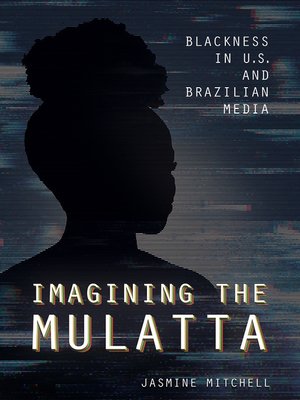
Sign up to save your library
With an OverDrive account, you can save your favorite libraries for at-a-glance information about availability. Find out more about OverDrive accounts.
Find this title in Libby, the library reading app by OverDrive.



Search for a digital library with this title
Title found at these libraries:
| Library Name | Distance |
|---|---|
| Loading... |
Jasmine Mitchell investigates the development and exploitation of the mulatta figure in Brazilian and U.S. popular culture. Drawing on a wide range of case studies, she analyzes policy debates and reveals the use of mixed-Black female celebrities as subjects of racial and gendered discussions. Mitchell also unveils the ways the media moralizes about the mulatta figure and uses her as an example of an "acceptable" version of blackness that at once dreams of erasing undesirable blackness while maintaining the qualities that serve as outlets for interracial desire.
| Cover TItle Copyright Contents Preface Acknowledgments Introduction 1. Foundations of the Mulata and Mulatta in the United States and Brazil 2. Framing Blackness and Mixedness: The Politics of Racial Identity in the Celebrity Texts of Jennifer Beals, Halle Berry, and Camila Pitanga 3. The Morena and the Mulata in Brazilian Telenovelas: Containing Blackness in a Racial Democracy 4. Reinventing the Mulatta in the United States for the 2000s: Celebrating Diversity amid the Haunting of Blackness 5. Remixing Mixedness: U.S. Media Imaginings of Brazil and Brazil's Bid for Rio 2016 Epilogue Notes Index Back cover | "An important and very readable work on the comparative histories and visual cultural formations of race and mixed race in Brazil and the United States."—Camilla Fojas, author of Zombies, Migrants, and Queers: Race and Crisis Capitalism in Pop Culture"Jasmine Mitchell deftly illuminates how mixed-race performers, characters and television and film narratives in Brazil and the United States, presumably indicative of increasingly colorblind and multicultural nations, conversely play a dynamic role in the management of national identities and racial imaginaries."—Mary Beltrán, author of Latina/o Stars in U.S. Eyes: The Making and Meanings of Film and TV Stardom
|
Jasmine Mitchell is an assistant professor of American studies and media and communication at SUNY Old Westbury.







